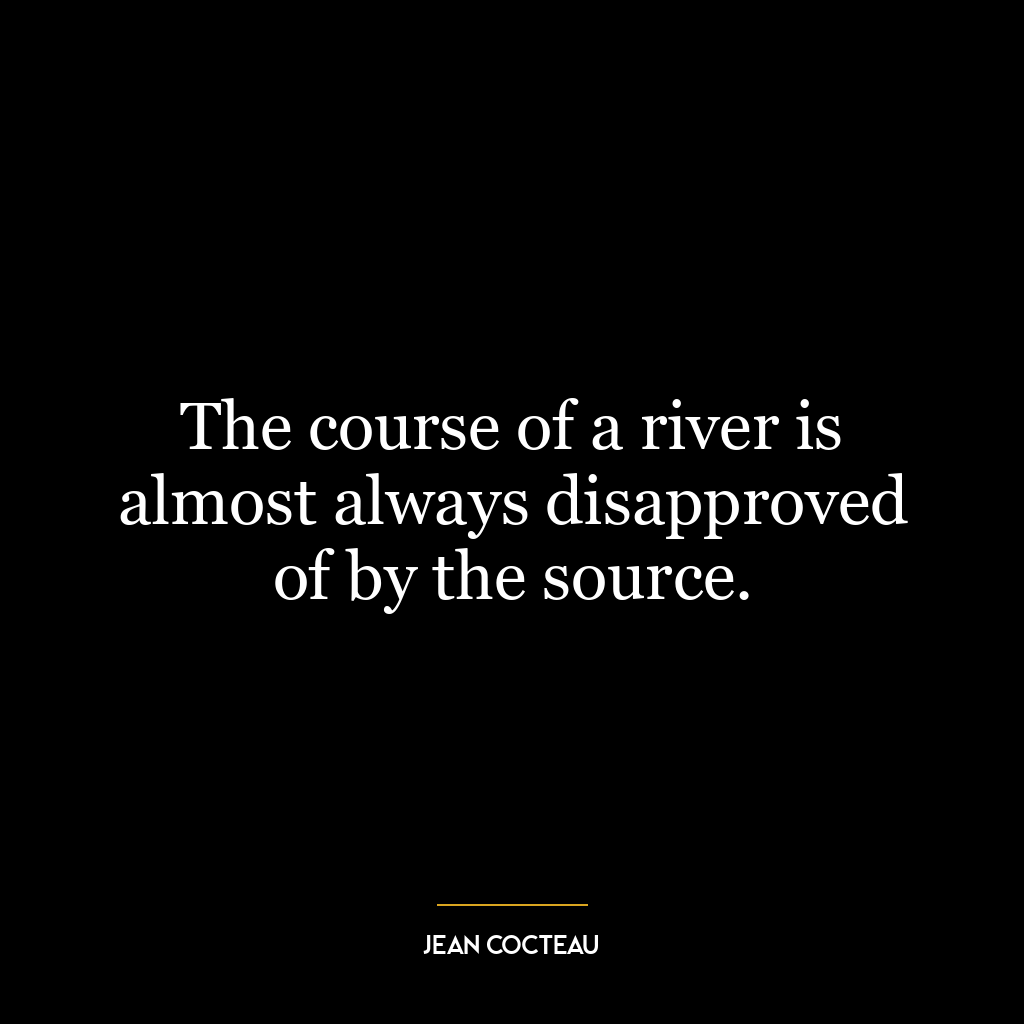I am a mortal enemy to arbitrary government and unlimited power.
This quote signifies a strong opposition to any form of government that is based on random choice or personal whim, rather than any system or law. It also underscores a resistance to any form of power that is not restricted by any controls or limits. Essentially, it champions the cause of democracy, the rule of law, and checks and balances in power dynamics.
The term “mortal enemy” conveys an intense, life-long opposition, suggesting that such forms of government and power are not only harmful but could be potentially lethal to the society or individuals they govern. “Arbitrary government” and “unlimited power” are seen as threats to individual freedom, social justice, and equality, as they can lead to autocracy, tyranny, and dictatorship.
In today’s world, this idea is highly relevant. We see a rising concern over the concentration of power in the hands of a few, be it in politics, business, or technology. The fear of arbitrary decisions and unlimited power can lead to social unrest, economic instability, and even wars. Therefore, it is important to ensure the distribution of power, uphold the rule of law, and maintain checks and balances in all spheres of life.
In terms of personal development, this quote can be interpreted as an admonition against allowing any single aspect of one’s life to have arbitrary or unlimited power. For instance, one should not let emotions, habits, or other people’s opinions dictate one’s actions or decisions arbitrarily. Similarly, one should not give unlimited power to work or leisure at the expense of other aspects of life. Instead, one should strive for balance, self-regulation, and self-governance, based on rational thinking, moral values, and social responsibility.










